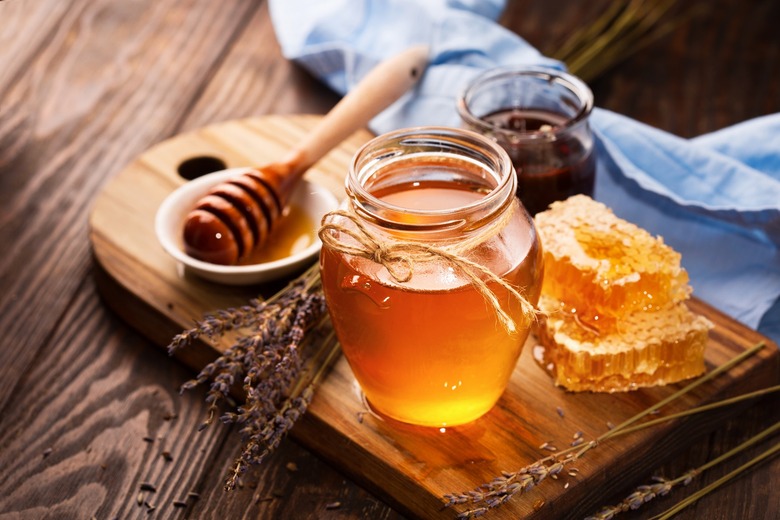Study Finds Honey From Around The World Is Contaminated With Potent Pesticides
The honey you spread on your toast in the morning likely contains harmful pesticides that may already be affecting the planet's bee population. According to The Guardian, new research shows that out of 200 honey samples, 75 percent contained neonicotinoids — an extremely toxic insecticide that affects the central nervous system of insects, resulting in paralysis and death.
Three-quarters of the world's crops owe their vitality to bees, which have been in serious decline over recent decades. This new study, called "Nerve Agents in Honey," was conducted by researchers at the Botanical Garden of Neuchâtel in Switzerland. It joins multiple other reports in highlighting the unintended effects that the pesticides farmers use on their crops are having on wildlife around the world.
Contamination rates are highest in North America, with 86 percent of samples containing one or more neonicotinoid, followed by Asia at 80 percent and Europe at 79 percent. The lowest was South America at 57 percent. All but two samples showed contamination levels below the "maximum residue level" allowed for human consumption under European Union laws.
"The global neonicotinoid contamination in honey is another reminder that wildlife is threatened by these chemicals around the world," Buglife UK's Matt Shardlow told The Guardian. "There is growing momentum in support of a new global solution to ensure that high standards of protection for the environment and people are applied everywhere."
To learn more about the dangers of insecticides, read these 10 facts that may have you going organic.
